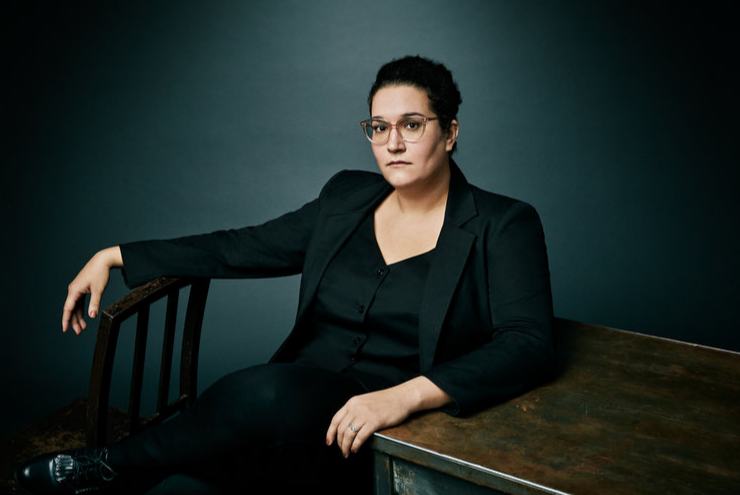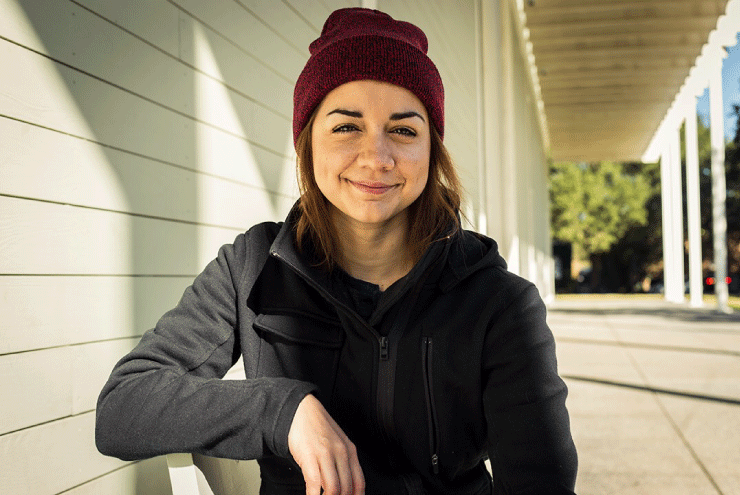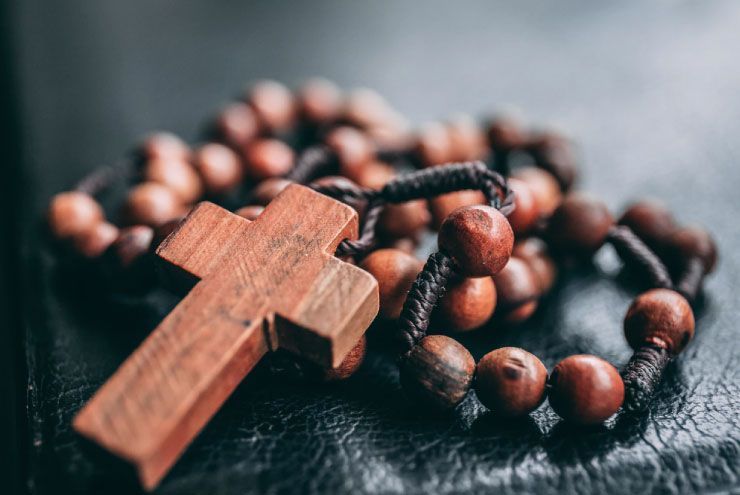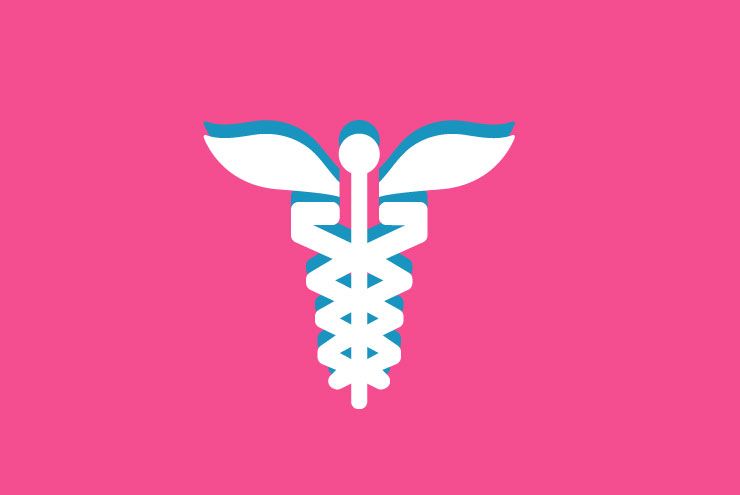By Rachel Abbott
Content note: This article includes discussions of abuse and sexual assault.
In late January, Inprint Houston, a Houston-based, non-profit organization that supports writers and readers of fiction, poetry, and creative non-fiction, hosted a dual memoir event with Carmen Maria Machado, author of In the Dream House, and Carolyn Forché, author of What You Have Heard is True. The event was moderated by Daniel Pena, a faculty member at the University of Houston Downtown, as a part of the Inprint Margarett Root Brown Reading Series. Machado and Forché discussed creating memoirs through traumatic events—Machado through abuse, and Forché through a burgeoning war in El Salvador.
Released in November 2019, Machado’s memoir chronicles her experiences in an abusive lesbian relationship. In the beginning, Machado is giddy and smitten with a new woman. The unnamed girlfriend is attentive, flattering, and intense. Inevitably, the charm takes a turn. Attentiveness slides into watchful jealousy and intensity becomes a life-threatening storm of emotions, insults, and reckless behavior. Although readers will expect this twist (it is an abuse narrative, after all) the raw anger, fear, numbness, and hope in Machado’s writing propel the story forward.

Aiding in her deft navigation of emotions, Machado experiments with style in a way that feels fresh yet grounding. The book is told through a series of micro-chapters—vignettes of only a handful of pages, each dipping in and out of Machado’s traumatic experiences. Just when a chapter may become too painful to witness, Machado switches gears. The moments of personal horror are interwoven with a steady stream of academic musings on the nature of queer violence and mythology of abuse. In one chapter, Machado reveals her abuser chasing her around the house and throwing things in anger. In another, she muses on the complicated history of queer villains, specifically mentioning Ursula from The Little Mermaid as a drag queen extraordinaire. She never falls fully into theorizing or recalling her abuse, instead, she toes the line between the two in a way that’s masterful and gripping. And although the theorizing half may sound difficult to swallow for the typical memoir reader, those moments of distance are vital to the discussion of queer abuse.
The difficulty in writing a queer memoir is twofold: the writer must contend with writing a good book while also writing a representative book. Although queer representation reaches new heights as each decade passes, the LGBTQ community struggles with a centuries-old history of oppression, criminalization, and erasure. Thus, to compensate for this gap in queer history, new media cannot just be well made or enjoyable, as so many cisgender/heterosexual stories can. It must also feel true and poignant and reflective of queer suffering (but not too traumatic), preferably made by and featuring actual queer people. So starved is the queer community for media, that new books will be devoured en masse, and picked apart just as quickly.
It is bold, then, for Machado to write about abuse in the queer community. The abuse is real and harmful, but to portray queer people as the victims and villains in a story can feel frightening. As she said on stage at the Inprint event, “If people, society, the news, the government, are constantly deciding how many rights you deserve exactly…there’s this hesitation to speak out about experiences you’ve had that would reflect badly on this group. There’s a real desire for respectability politics.” However, Machado doesn’t give into the game of respectability. In fact, she argues in her memoir that writing truthfully about queer faults, abuse, and crime is vital to queer humanity. Queer people don’t deserve equal rights and treatment due to their perfection, they deserve equal rights and treatment because they are people.
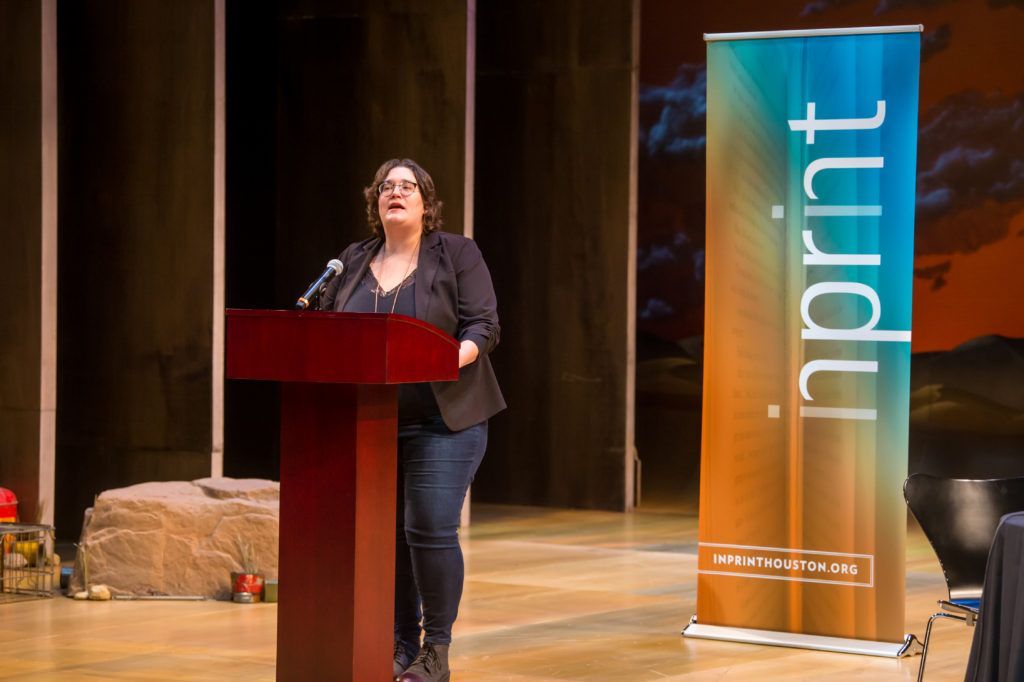
And beyond the need to be seen as fully human by the rest of the world, this book is necessary for queer women within the LGBTQ community right now. According to the National Coalition Against Domestic Violence, 43.8 percent of lesbian women and 61.1 percent of bisexual women experience sexual assault, violence, or stalking by an intimate partner.* Numerous women have reached out to Machado online or in person to share their own experiences of queer domestic violence and abuse. Hiding the worst parts of our community does not just hide our faults from the world at large, it also hides us from ourselves, keeping us isolated in our experiences and incapable of reaching out for support.
Machado’s memoir ends on a silver lining. After freeing herself from the claws of her abusive partner, Machado reached out to her abuser’s other ex-girlfriend, Val, the woman she had been dating when they met. She made the connection in hopes of solidarity, wondering if Val had experienced the same frightening whirlwind of torment. The two bonded in a way that only shared trauma can allow, and over time they fell in love. Carmen and Val are now very happily gay married.
In the final words of her memoir, way back in the acknowledgement section, Machado writes, “I’d do it all again, baby. It brought me you.” The shared healing that we allow when we make space for queer mistakes, queer abuse, and queer victims can be a beautiful thing.
*This statistic does not differentiate whether the abusive relationships were same-gender or different-gender. Many lesbians and bisexual women will date men at some point in their lives. More research into LGBTQ domestic violence is needed to create an accurate data picture of violence specifically in same-gender relationships, not just in queer-identifying individuals.


